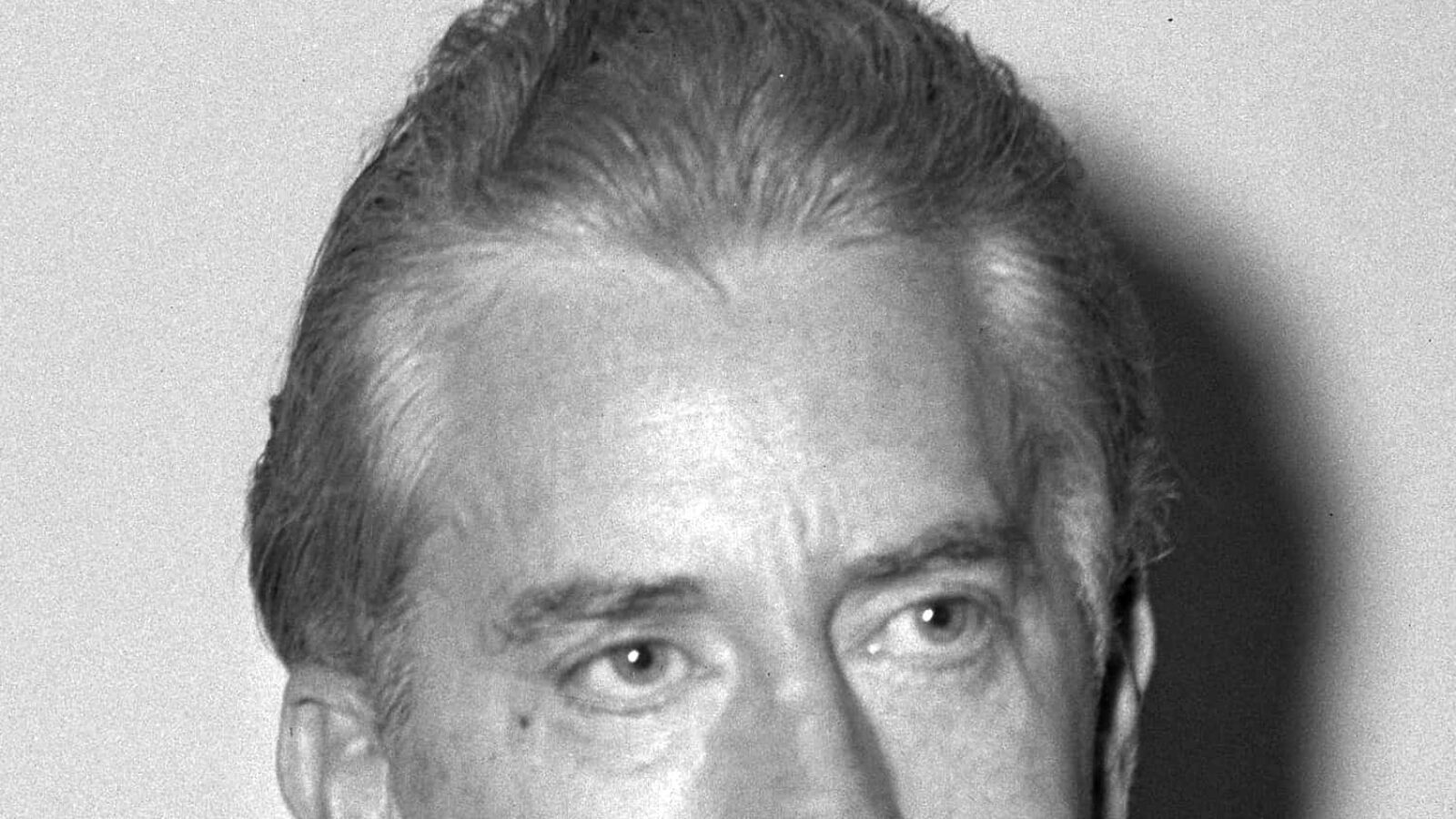June 6, 1976: J. Paul Getty was born in Minneapolis, Minnesota, and died in Surrey, England, at age 83. The American-born businessman created a very wealthy empire from his work in British petroleum. Despite his extreme wealth, he was known to be frugal and charitable. Among many other notable Getty institutions, his legacy includes the J. Paul Getty Museum in Los Angeles and the J. Paul Getty Trust, the wealthiest art institution in the world.
J. Paul Getty
From Wikipedia, the free encyclopedia
Jean Paul Getty Sr. (/ˈɡɛti/; December 15, 1892 – June 6, 1976) was an American-born British petroleum industrialist who founded the Getty Oil Company in 1942 and was the patriarch of the Getty family.[1] A native of Minneapolis, he was the son of pioneer oilman George Getty. In 1957, Fortune magazine named him the richest living American,[2] while the 1966 Guinness Book of Records named him as the world’s richest private citizen, worth an estimated $1.2 billion (approximately $7.8 billion in 2021).[3] At his death, he was worth more than $6 billion (approximately $23 billion in 2021).[4] A book published in 1996 ranked him as the 67th richest American who ever lived, based on his wealth as a percentage of the concurrent gross national product.[5]
Despite his vast wealth, Getty was infamously frugal, notably negotiating his grandson’s kidnapping ransom in 1973. He had five children and divorced five times. Getty was an avid collector of art and antiquities. His collection formed the basis of the J. Paul Getty Museum in Los Angeles; more than $661 million of his estate was left to the museum after his death.[4] He established the J. Paul Getty Trust in 1953. The trust, which is the world’s wealthiest art institution, operates the J. Paul Getty Museum Complexes: the Getty Center, the Getty Villa and the Getty Foundation, the Getty Research Institute, as well as the Getty Conservation Institute.[6]
